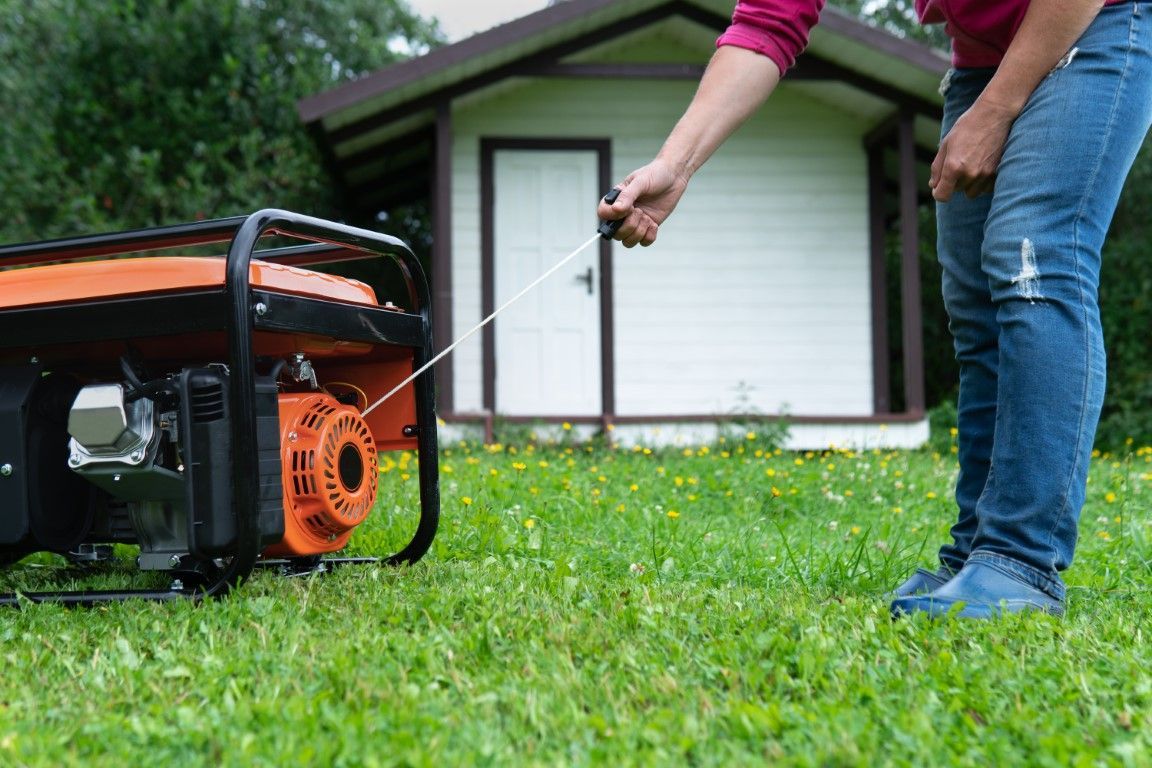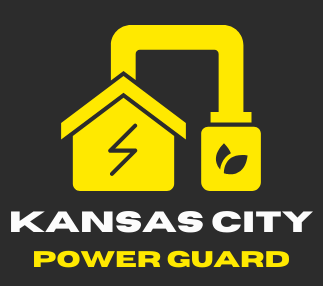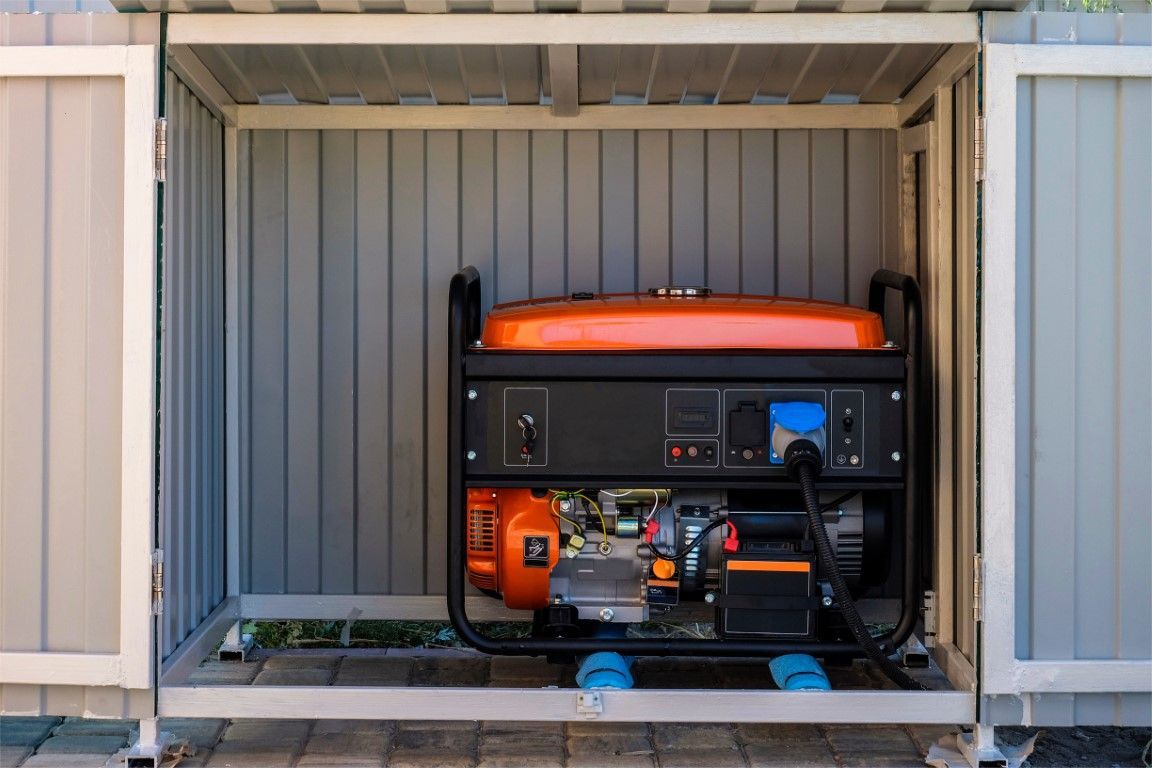Commercial Generators in Kansas City MO
Commercial generators are powerful machines designed to provide backup power to businesses, large buildings, and industrial facilities when the main electrical supply fails. Unlike smaller residential generators, these commercial units are built to handle higher loads and offer more reliability and efficiency. They come in various types and sizes, from diesel and natural gas models to propane and bi-fuel options. Each type of commercial generator is designed to meet specific needs and operating conditions, making it crucial to choose the right one based on the demands of the business.
Importance for Businesses and Large Facilities
For businesses and large facilities, maintaining a constant power supply is critical. Power outages can disrupt operations, result in lost productivity, and cause financial losses. Commercial generators play a vital role in ensuring that essential services, such as lighting, heating, cooling, and machinery, continue to function without interruption. They provide a reliable backup that can keep operations running smoothly during emergencies or planned maintenance outages. For industries like healthcare, data centers, and manufacturing, where downtime can be particularly costly, having a dependable generator is not just beneficial but essential.
Purpose of the Outline
This outline aims to provide a comprehensive guide to understanding commercial generators. It will cover the different types of generators available, how to determine the right size for your needs, important installation considerations, and ongoing maintenance requirements.

Additionally, it will address safety precautions, financial aspects, and compliance with local regulations. By the end of this guide, you will have a clear understanding of how to select, install, and maintain a commercial generator that best suits your business needs, ensuring that you can keep your operations running smoothly even when the main power supply is unavailable.
Routine Maintenance and Operation of Generators
Regular Inspections
To keep your commercial generator running smoothly, it’s important to inspect it regularly. This means checking it often to make sure everything is working as it should. Look for any signs of wear and tear, leaks, or loose connections. It’s a good idea to schedule these inspections every few months or according to the manufacturer’s recommendations. Regular checks help catch small problems before they become big issues.
Fuel and Oil Changes
Just like a car, your generator needs fresh fuel and oil to run well. Make sure to change the oil at regular intervals, as recommended by the manufacturer. Also, keep an eye on the fuel levels and quality. If the fuel is old or contaminated, it can cause problems. Refill the fuel tank and change the oil to keep your generator in top shape.

Operating Procedures
Start-Up and Shut-Down Protocols: There are specific steps to follow when starting up and shutting down your generator to ensure it operates safely and effectively. When starting the generator, make sure it’s in a safe location, check all connections, and follow the manufacturer’s instructions. Similarly, when shutting it down, follow the proper procedure to avoid damaging the machine. Always consult the manual for the exact steps to follow.
Load Management: Proper load management means making sure your generator is not overloaded. You should know how much power your generator can handle and avoid running it at full capacity all the time. Spread out the load and make sure the generator is only powering what it needs to. This helps extend the life of the generator and ensures it runs efficiently.
Troubleshooting Common Issues
Starting Problems: If your generator doesn’t start, there could be several reasons. Check the fuel level and make sure it’s not old or contaminated. Look at the battery to see if it’s charged and connected properly. Also, check the oil level and make sure it’s not too low. Sometimes, simply checking and addressing these issues can get the generator up and running again.
Performance Issues: If your generator isn’t running as well as it should, it might be due to a few common problems. Look for signs like unusual noises, fluctuations in power output, or overheating. These issues could be caused by clogged filters, worn-out parts, or other maintenance needs. Regular inspections and addressing minor problems quickly can help keep performance issues to a minimum.
Essential Safety Measures for Generator Use: Carbon Monoxide, Fire Prevention, and Electrical Safety
Generators produce exhaust gasses that include carbon monoxide (CO), which is harmful if inhaled. To keep everyone safe, make sure your generator is placed in a well-ventilated area. This means it should be located outside and away from any enclosed spaces like garages or basements. Good ventilation helps prevent the buildup of dangerous gasses and ensures that fresh air circulates around the generator.
When using a generator, it's crucial to follow safety measures to prevent carbon monoxide (CO) poisoning, fires, and electrical hazards. Always place the generator in a well-ventilated area outside to avoid CO buildup. Install CO detectors near sleeping areas and in rooms where the generator is used, and regularly check them. Keep fire extinguishers nearby, and ensure the generator is far from flammable materials. Proper grounding and bonding are essential for electrical safety, and overcurrent protection, like circuit breakers, helps prevent electrical fires and damage. We also offer solar and portable generator and more just contact us now!

